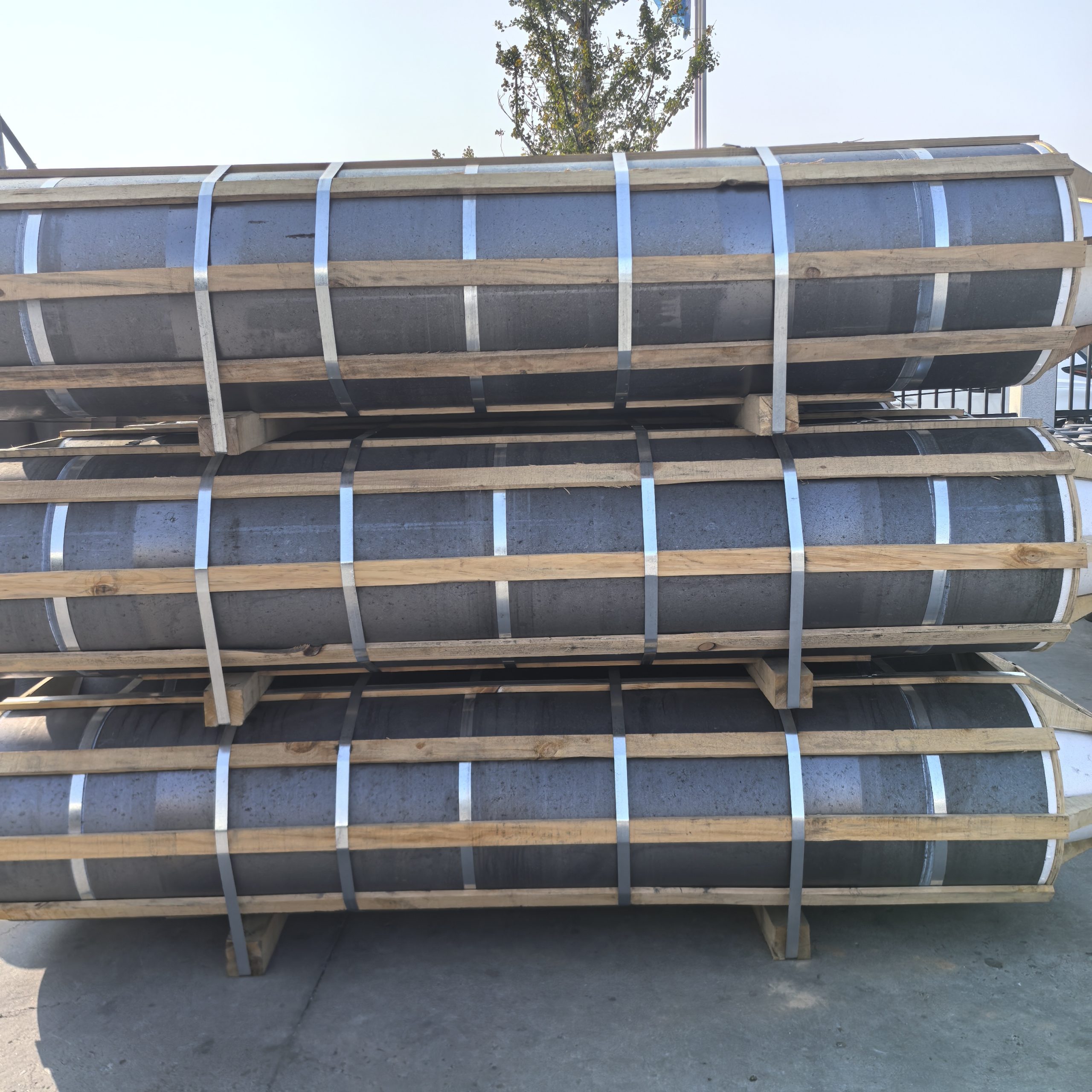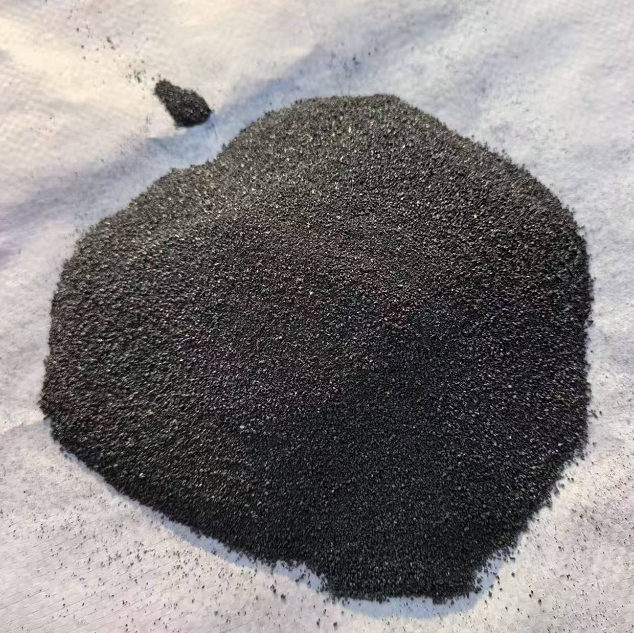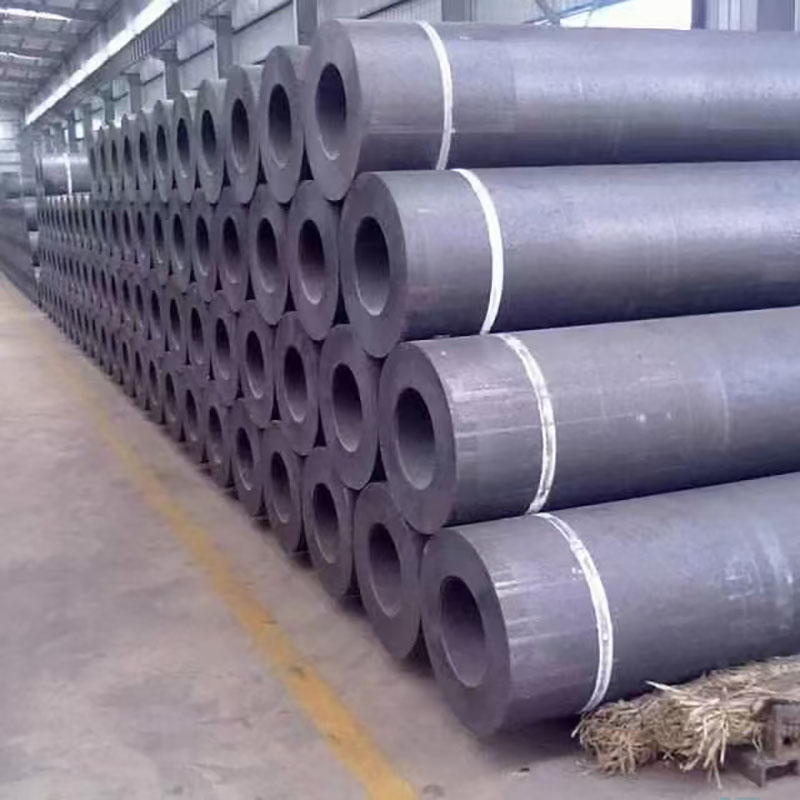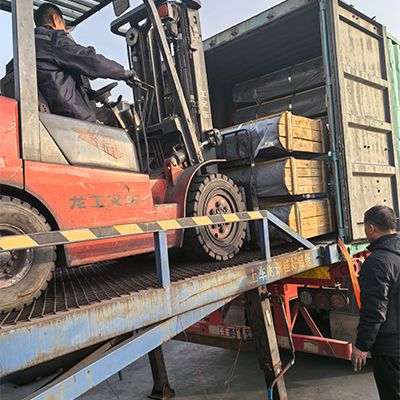- Chinese
- French
- German
- Portuguese
- Spanish
- Russian
- Japanese
- Korean
- Arabic
- Irish
- Greek
- Turkish
- Italian
- Danish
- Romanian
- Indonesian
- Czech
- Afrikaans
- Swedish
- Polish
- Basque
- Catalan
- Esperanto
- Hindi
- Lao
- Albanian
- Amharic
- Armenian
- Azerbaijani
- Belarusian
- Bengali
- Bosnian
- Bulgarian
- Cebuano
- Chichewa
- Corsican
- Croatian
- Dutch
- Estonian
- Filipino
- Finnish
- Frisian
- Galician
- Georgian
- Gujarati
- Haitian
- Hausa
- Hawaiian
- Hebrew
- Hmong
- Hungarian
- Icelandic
- Igbo
- Javanese
- Kannada
- Kazakh
- Khmer
- Kurdish
- Kyrgyz
- Latin
- Latvian
- Lithuanian
- Luxembou..
- Macedonian
- Malagasy
- Malay
- Malayalam
- Maltese
- Maori
- Marathi
- Mongolian
- Burmese
- Nepali
- Norwegian
- Pashto
- Persian
- Punjabi
- Serbian
- Sesotho
- Sinhala
- Slovak
- Slovenian
- Somali
- Samoan
- Scots Gaelic
- Shona
- Sindhi
- Sundanese
- Swahili
- Tajik
- Tamil
- Telugu
- Thai
- Ukrainian
- Urdu
- Uzbek
- Vietnamese
- Welsh
- Xhosa
- Yiddish
- Yoruba
- Zulu
- Kinyarwanda
- Tatar
- Oriya
- Turkmen
- Uyghur

Buy coal recarburizer
The Essentials of Buying Coal Recarburizer
If you're in the metallurgy business, chances are you've come across the term coal recarburizer. It's a key component for adjusting the carbon content in steelmaking and foundries. But what should you really know before you make a purchase?
Understanding Coal Recarburizer
The quest for the right coal recarburizer often begins with understanding what it is. Essentially, it’s a material that helps in restoring the carbon content to the desired levels in steel and iron manufacturing. The quality of the recarburizer can significantly influence the quality of the final product. This isn’t just about buying any carbon material; it’s about ensuring consistency in your output.
Many newcomers to the industry overlook the importance of the source. Take Hebei Yaofa Carbon Co., Ltd., for instance, which has been in the business for over two decades. Their experience in manufacturing carbon materials, including recarburizers, could be a cornerstone for anyone seeking reliable supplies.
Consistency in the quality of the recarburizer is often linked to the reliability of the manufacturer. Variability can lead to challenges in achieving the desired properties in steel or iron, which can ultimately affect the end product's performance.
The Value of Manufacturer Experience
When you are sourcing a coal recarburizer, the provider’s history often tells a compelling story. With Hebei Yaofa Carbon, the 20 years of production experience mean not only expertise but also the development of rigorous quality control measures. Knowing this, a buyer can be more confident in what they're getting.
On that note, it's pivotal to consider companies that provide a broad range of products. Beyond just recarburizers, Hebei Yaofa Carbon also produces CPC, GPC, and varied grades of graphite electrodes. This versatility can be incredibly beneficial if your operations also require different carbon materials. They understand the nuances of carbon, which directly translates into the quality of their products.
I've seen operations where mismatched or inconsistent recarburizers have led to inefficiencies and increased costs. The expectation is always to achieve more with less, and choosing the right recarburizer plays a critical role in hitting those operational targets.
Challenges in Choosing the Right Product
As with most raw materials, challenges abound. For coal recarburizer, the hurdles often start with specification mismatches. It’s not just about buying from a trusted source but knowing the exact specifications you need. An oversight here can mean expensive adjustments later on.
Each stage of steel or iron production may require a different type or amount of recarburizer. Precision is key. Whether you need a high carbon content or something more subtle, these details matter immensely. It's sometimes an overlooked aspect that results in inefficient batches.
One practical tip is to work closely with suppliers like Hebei Yaofa Carbon, who understand these needs and can often assist in matching the right product to your specifications. Their website, https://www.yaofatansu.com, offers detailed insights into the products available and their specific uses.
Market Trends and Observations
In recent years, the demand for high-quality recarburizers has risen as industries strive for more refined processes. The growing awareness of efficiency and quality control in manufacturing processes can’t be understated.
More companies are shifting towards reliable suppliers who have stood the test of time. Stability in supply chains is becoming increasingly crucial, especially when unforeseen global events affect production. Choosing a seasoned provider like Hebei Yaofa Carbon is not just about the product, but about ensuring business continuity.
From what I've seen, the future lies in increasingly specific and tailored carbon solutions. As technologies advance, there will be more opportunities to refine the balance of properties in steel and iron, leading to advanced applications in various industries.
Final Thoughts: Making Informed Decisions
The process of buying a coal recarburizer doesn’t end at choosing a supplier. It’s a continuous relationship built on trust and performance. Companies like Hebei Yaofa Carbon exemplify what it means to provide reliable products backed by decades of experience.
Ultimately, the goal is to enhance material performance and operational efficiency. Understanding the intricate details of your specific needs and what the supplier offers needs careful consideration. It’s not just about making a purchase; it's about integrating that decision into the very fabric of your production process.
For anyone looking to dive deeper, exploring supplier resources like https://www.yaofatansu.com can offer substantial insights. It's this approach—asking questions, seeking expertise—that ensures you’re not just keeping up with the industry, but leading it.
Related products
Related products
Best selling products
Best selling products-
 HP high power graphite electrode
HP high power graphite electrode -
 Graphite Crucible
Graphite Crucible -
 Graphite plate
Graphite plate -
 Columnar carburizer
Columnar carburizer -
 Spherical carburizer
Spherical carburizer -
 Ultra-High Power Graphite Electrode
Ultra-High Power Graphite Electrode -
 RP normal power graphite electrode
RP normal power graphite electrode -
 High-quality graphite powder available in stock, with a full range of specifications and customizable options.
High-quality graphite powder available in stock, with a full range of specifications and customizable options. -
 A supplier of graphite electrodes with a global distribution network.
A supplier of graphite electrodes with a global distribution network. -
 UHP ultra high power graphite electrode
UHP ultra high power graphite electrode -
 Factory direct sale! UHP ultra-high power electrodes, specifically designed for electric arc furnaces and refining furnaces.
Factory direct sale! UHP ultra-high power electrodes, specifically designed for electric arc furnaces and refining furnaces. -
 Granular carburizer
Granular carburizer






